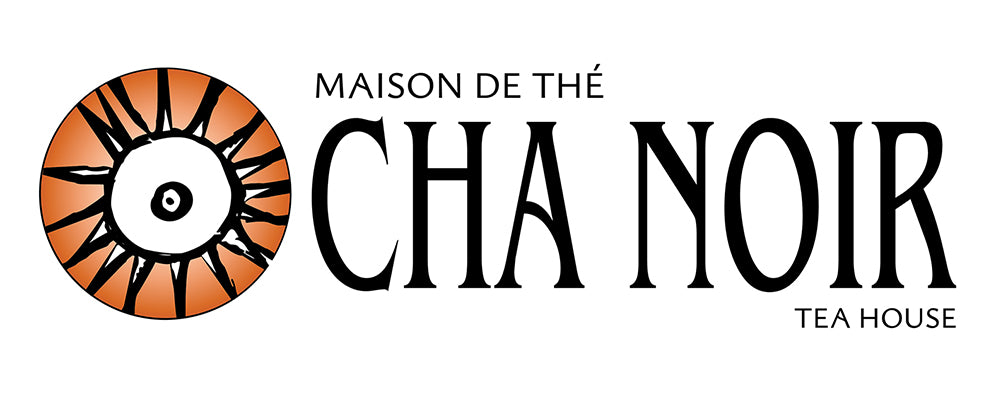
We highly recommend this plant to pregnant women "to tone their uterus and prepare them for childbirth, [...]"[i] "Raspberry leaf tea is known to prevent complications during pregnancy and to facilitate childbirth. In addition, it contains several vitamins and minerals. So far, studies have not been able to show any real benefit, but it would be safe to consume during pregnancy. " [ii]
- Egyptian Chamomile
"Chamomile is traditionally known for its effectiveness in triggering menstruation, it is advised pregnant women to avoid it." [iii]
- Peppermint and Happy Belly
It is recommended to drink mint infusion in a moderate way. Indeed, "although mint [...] is commonly used against morning sickness, it should not be used in the first trimester of pregnancy unless medically indicated". [iv] Health Passport also tells us that "the mint tea should preferably be consumed at least one hour before or after a meal, [...]" since it affects the good absorption of iron in the body.[v]
- Nettle
According to Health Canada, nettle should be avoided. [vi] However, The herbalist Anny Schneider [vii] mentions that "if the use of raw nettle is indeed to be avoided in the pregnant woman, the chemical composition of the dry nettle pleads in favor of a reasonable use in the same case. Indeed, nettle is rich in folic acid (vit.B9), important for the proper development of the embryo and prescribed by doctors for women during de first trimester of pregnancy. [viii]
- Balsam Fir
"Although no incidents have been reported in humans, some sources believe that in the absence of complete toxicological studies, pregnant and nursing women should avoid balsam fir products." [ix]
- Labrador Tea
Labrador Tea (Rhododendron groenlandicum) was drink by native peoples in Canada. "In some Native American nations, women took it three times a day as delivery approached, to make their work easier". [x] Thus, we recommend to opt for this herbal tea at the end of pregnancy. Labrador Tea is also known to soothe cold symptoms, dizziness and heartburn.
Health Canada studies indicate that drinking tea or other caffeinated beverages, such as Mate, is contraindicated in pregnancy. It is highly advised to limit your absorption at 300 mg per day. A cup of tea contains an average of 30 mg to 50 mg of caffeine, without which risks, however unproven, could be incurred at the birth of the child.[xi] Thus, pregnant women can continue to taste their favorite teas, in moderation, or choose among teas with a reduced caffeine level such as White Teas, Hojicha, Oolong and Pu Erh de Chine.
[ii] http://www.passeportsante.net/fr/Maux/Problemes/Fiche.aspx?doc=symptomes-grossesse-pm-produits-naturels-et-herbes-medicinales-
[iii] http://www.passeportsante.net/fr/Maux/Problemes/Fiche.aspx?doc=symptomes-grossesse-pm-produits-naturels-et-herbes-medicinales-

